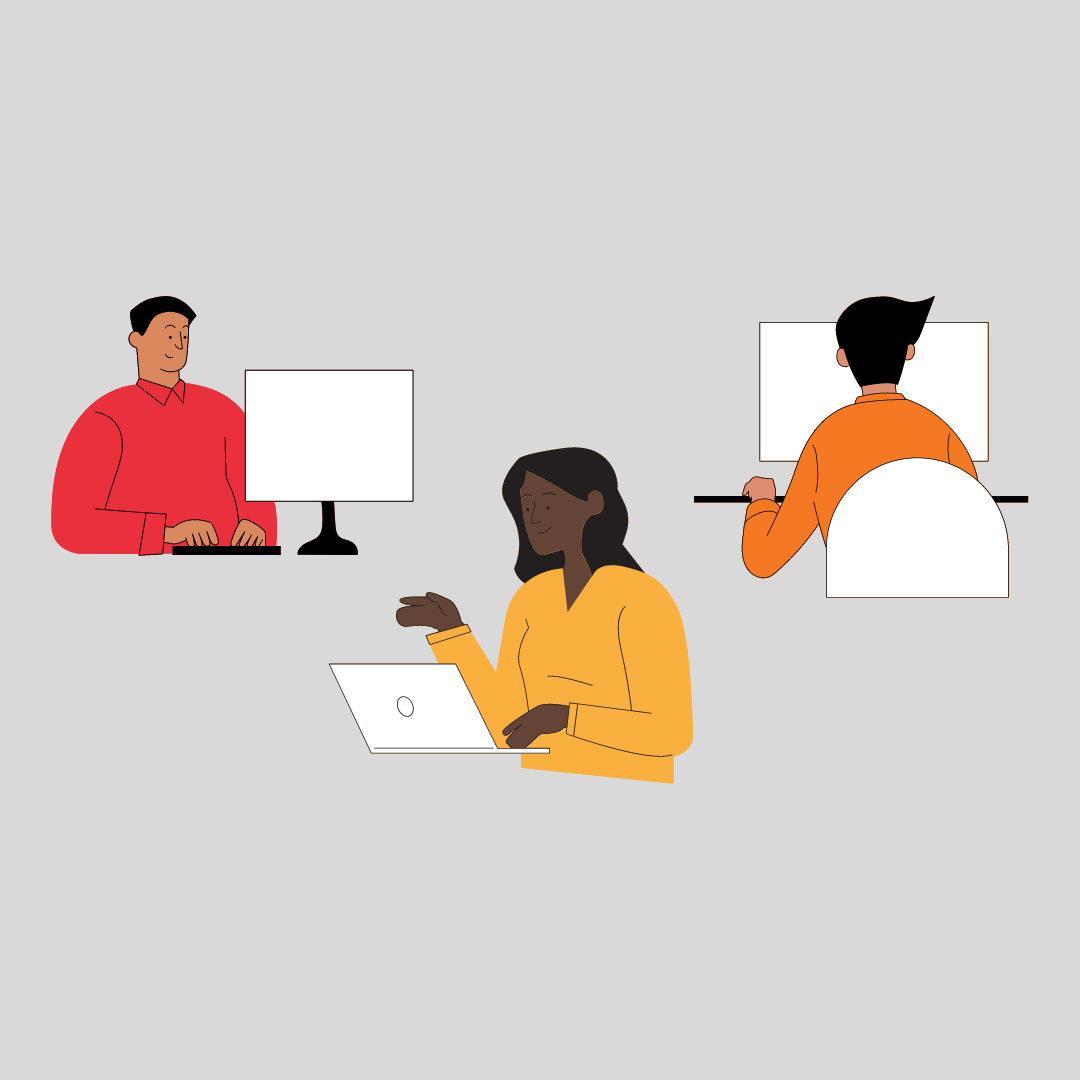On Tuesday, June 18, a four-day workshop lead by the Åbo Akademi University (ÅAU) team began to test the Swedish version of Lakitutka. The purpose of the workshop was to identify both technical and other shortcomings in our Swedish services with the help of the participants. Our goal is to rectify these to the largest extent possible so that the Swedish version of the Lakitutka website could be launched in the fall of 2024. The workshop was attended by students at various stages from both the legal and social sciences fields. Students are one of the key user groups for Lakitutka, so it is important for us to involve them and get their help in developing Lakitutka and Lawpol.
The workshop was divided into three parts. The first part consisted of two hours on Zoom where the ÅAU team presented the project and Lakitutka, handed out instructions, and explained what the participants’ role is in the development of Lakitutka. In the second part of the workshop the participants independently got acquainted with Lakitutka in Swedish by performing various tasks according to instruction. Among other things, the participants were asked to look up information about both the alcohol law and the ongoing criminalization of forced marriage. In addition, the participants were instructed to keep an eye out for any technical or linguistic shortcomings in Lakitutka. The third and final part of the workshop consisted of a comprehensive form where the participants had to document the performance of the tasks, the quality of the services, and other observations they made over the course of the workshop. Based on the answers in the forms, the ÅAU team has compiled a summary of the results.
The workshop generated results that in all ways exceeded our expectations. The participants took their role seriously and diligently wrote down both large and small observations. They also contributed with an invaluable ‘outside’-perspective that gave us insight into what new users’ first impression of Lakitutka is at the moment, and how we can improve user-friendliness both in the short and long term. Not only do the results from the workshop indicate what the most acute shortcomings on Lakitutka’s Swedish pages are, i.e. such shortcomings that have a direct negative impact on the usability of the platform, but in addition, the participants have diligently noted detail errors and come up with improvement suggestions.
One of the biggest shortcomings in the Swedish-language Lakitutka is the lack of Swedish-language material. This is partly due to the fact that the service is still in an early stage of development, and a large part of the Swedish-language material has not yet been uploaded. Partly, the lack of Swedish-language material is also due to the fact that a large part of the public administration’s documents are not available in Swedish. Several document categories are created only in Finnish and are never translated into Swedish, e.g. law motions and expert opinions, but even within the categories that should be available to the same extent in both Finnish and Swedish, e.g. government propositions and the committees’ reports and opinions, some documents are missing. The promotion of access to Swedish-language documents and linguistic equality has been an important part of our work, and we are continuously working to find functioning solutions – both in the form of physically rummaging through old archives and databases, as well as searching for technical solutions with the help of the IT team.
Even though the Swedish version of Lakitutka still has many shortcomings, both technically and in terms of content, the participants’ impression of the platform was overall very positive. An overwhelming majority of the participants considered Lakitutka to be a valuable and useful tool that they will benefit from in both their studies and future work.
The workshop itself also received overwhelmingly positive feedback. Against the background of the results and feedback, there is great potential for similar occasions in the future. Even for us who organized the workshop, the experience was rewarding. It was fun to present what we have been working on for a long time and exciting to welcome a group of new users to Lakitutka. We are proud of the project and grateful to everyone who participated in the workshop and showed interest in our work.
Frida Bergenwall
